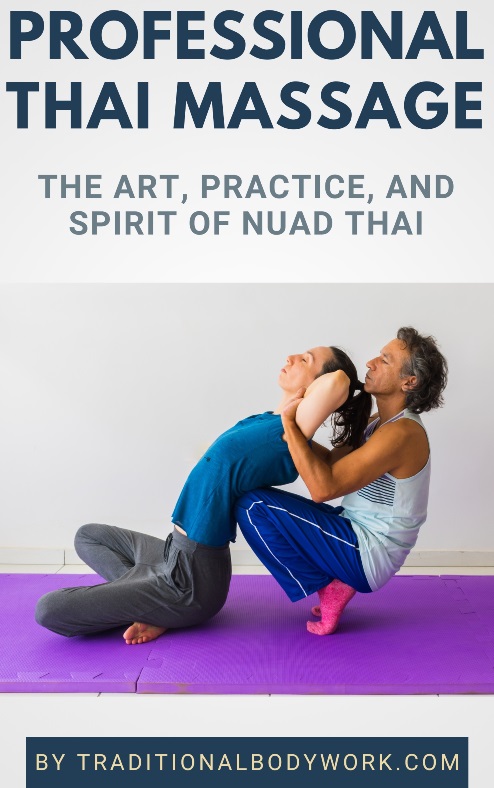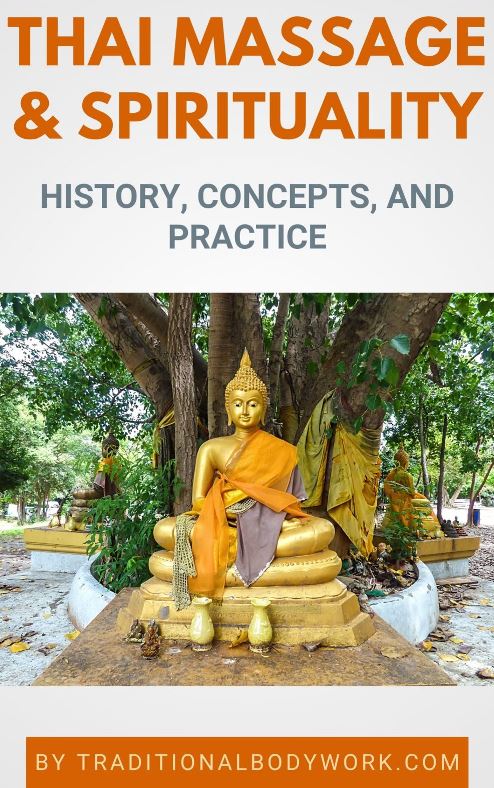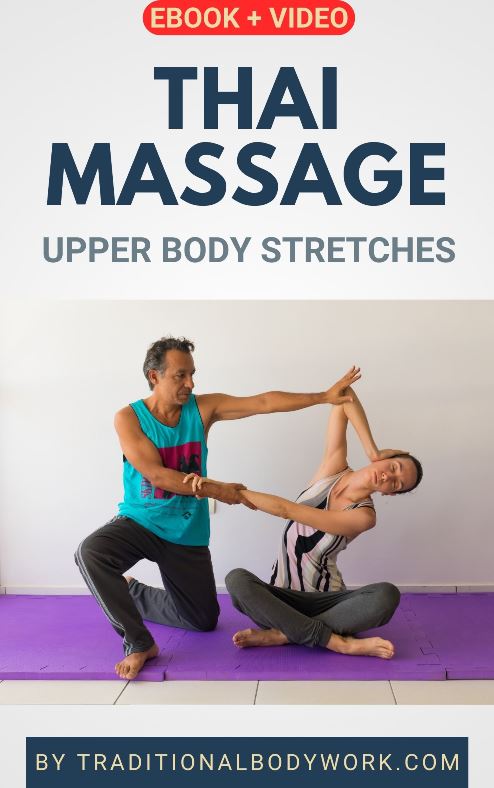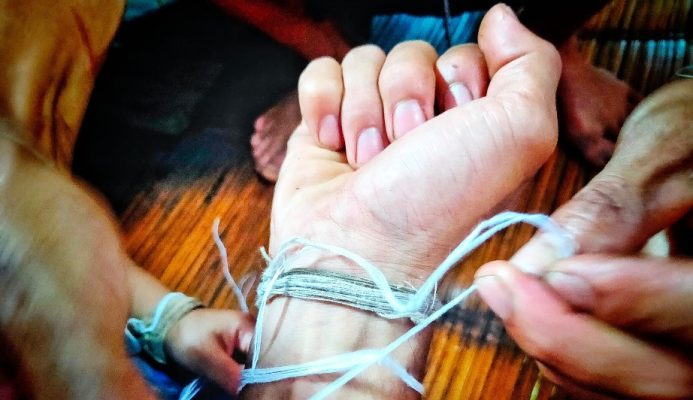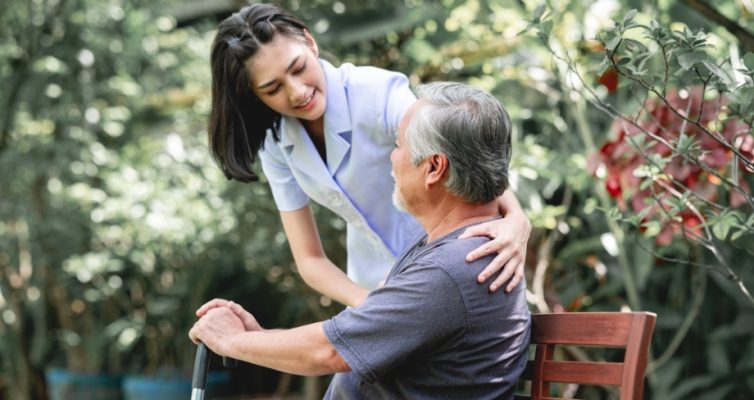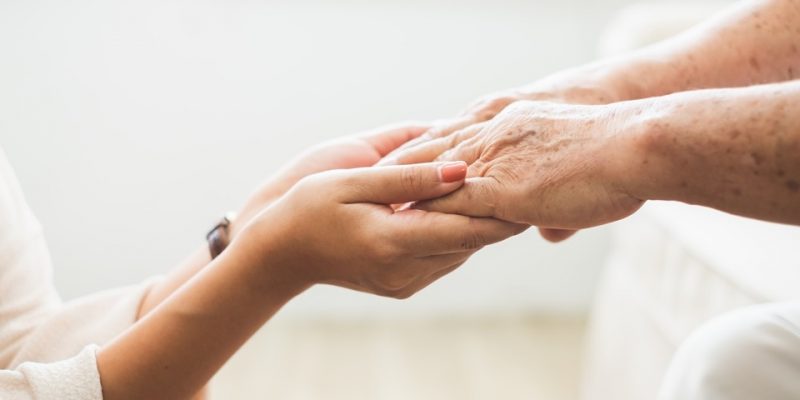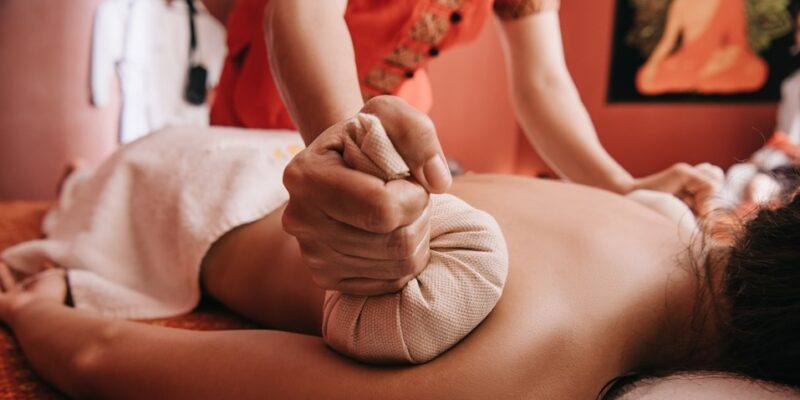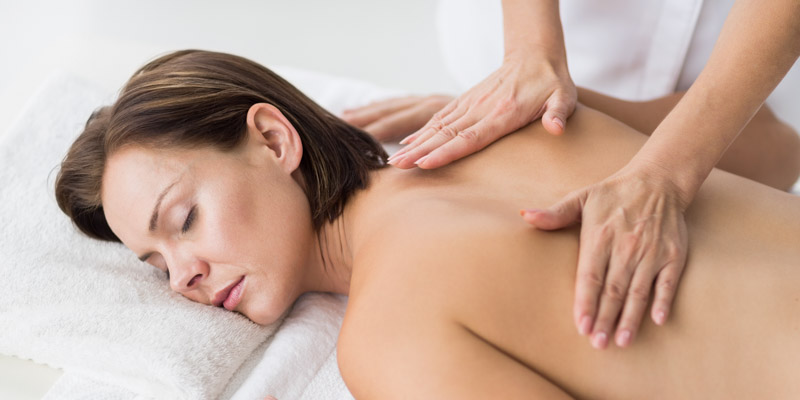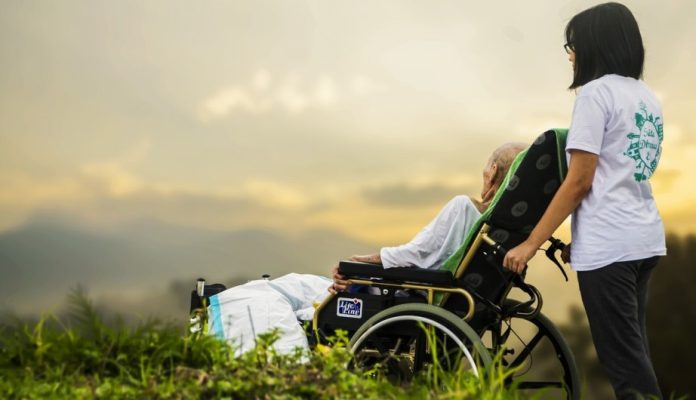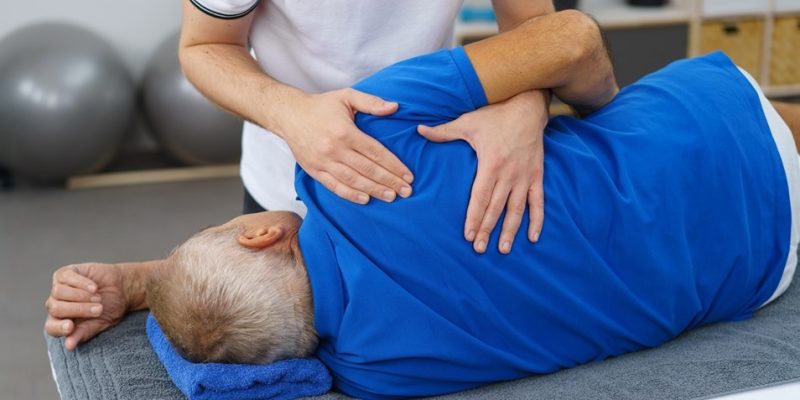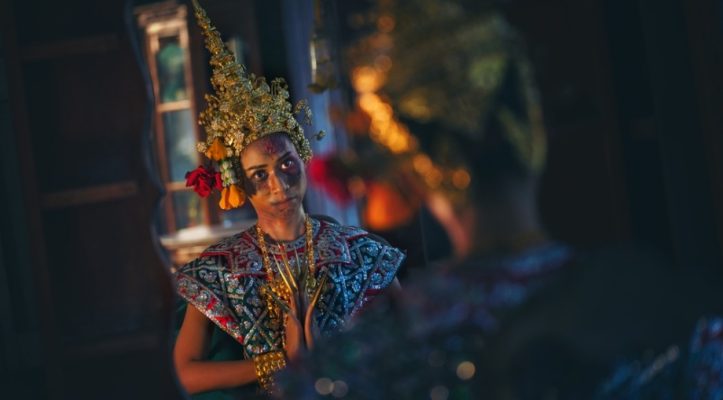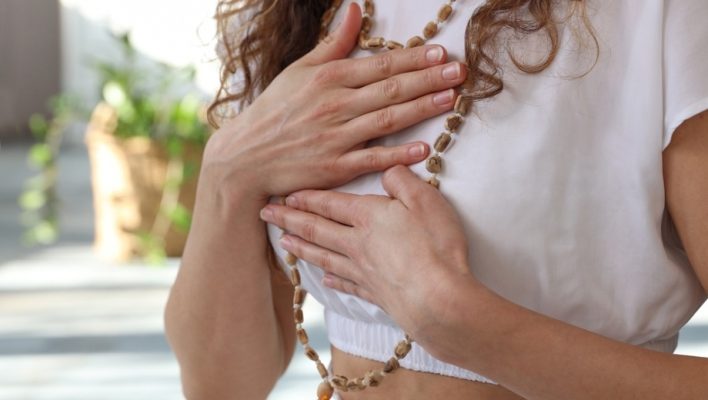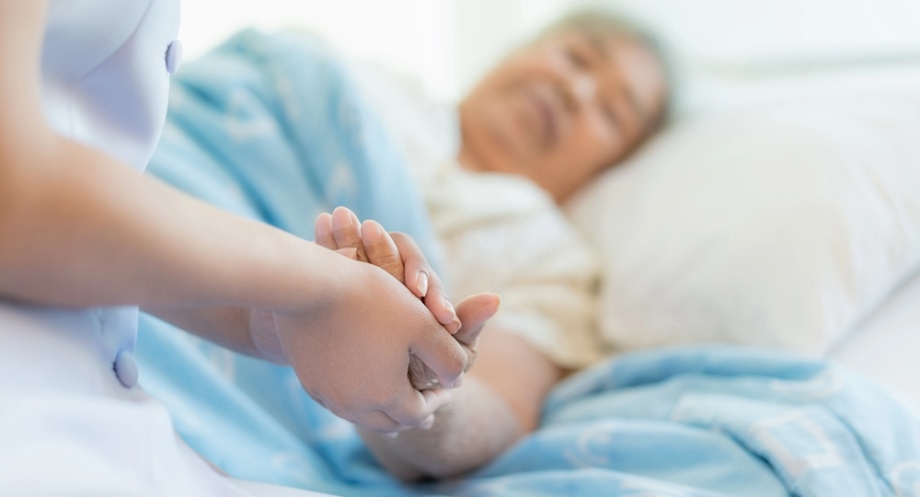
Palliative care means caring for patients that have diseases that are likely to be severe, chronic, incurable, and life-threatening, finally often resulting in death.
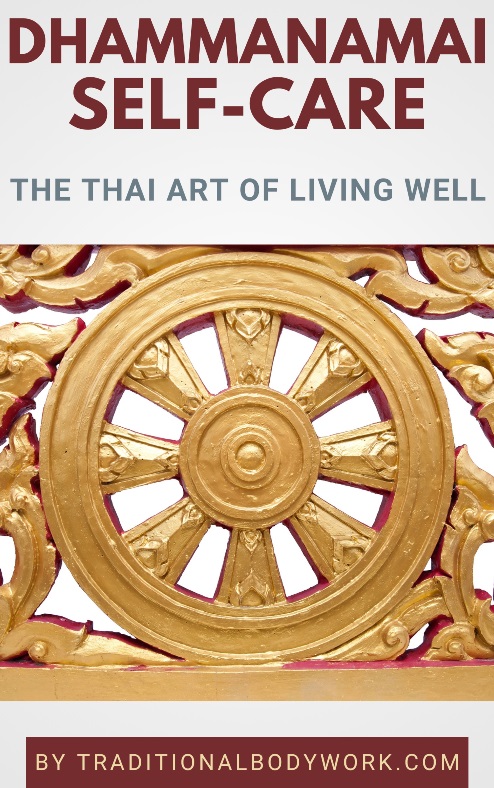
It’s typically holistic care that covers physical, mental, social and spiritual aspects of the patient and their family in order to relieve pain and suffering from the disease, improve the quality of life of the patient and family, and allow the patient to die peacefully, as well as care supplied for the patient’s family after the patient’s death.
Depending on the residence of the patient (city, village, countryside, or region in Thailand), the type of hospital or care center, and the patient’s personal circumstances, palliative care may be given by a multidisciplinary group of professionals, including physicians, nurses, psychologists, social workers, music therapists, and applied Thai Traditional Medicine (TTM) practitioners.
In the context of Dhammanamai, patient care is usually given by TTM practitioners (instead of being a form of Self-Care) because patients usually cannot perform (all) Dhammanamai activities by themselves.
Further below, we take a look at the various areas of Dhammanamai, being Kayanamai (Healthy Body), Jitanamai (Healthy Mind), and Chevitanamai (Healthy Lifestyle) and how they relate to palliative care.
Kayanamai – Healthy Body
Kayanamai within palliative care mostly occupies itself with physical discomforts such as pain, stiffness, muscle fatigue, swelling of the arms and legs, numbness in the extremities, constipation, flatulence, and so on.

Thai Massage may be supplied to relax the patient’s body, to help stimulate the blood circulatory system, lymphatic system and nervous system, and to reduce pains and other body discomforts.
Hot herbal compresses may be applied as standalone treatments, or before and after Thai Massage sessions to help relieve aches and pains and to stimulate the patient’s blood and lymph circulation.
Herbal medicines may be prepared and used for patients, alongside the use of ready-made herbal medicines (pills, tablets, and capsules) in order to relax patients, relieve pains, and/or correct imbalances of the Four Body Elements.
In addition, the patient should consume appropriate food and drinks, specifically in view of (the demands of) their illness. It’s also advised that patients eat indigenous nutritious fruits and vegetables that are compatible with patients’ Tard Chao Ruan (Dominant Body Element) and/or underlying disease.
Jitanamai – Healthy Mind
Jitanamai is about the care of the minds and feelings of patients.
TTM emphasizes the mind-set of patients by encouraging patients to fight the illness, by facilitating and urging family members to visit patients regularly, by giving loving-kindness and understanding, and by supplying rituals and ceremonies based on the patient’s (religious) beliefs and faith.
In addition, the care may involve providing advice about Dhamma principles for the care of mental aspects of patients and their relatives.
Chevitanamai – Healthy Lifestyle
Chevitanamai is about care for the patient’s environment by keeping it pleasant, clean, and orderly, and by allowing the patient as much as possible to enjoy fresh air and being outdoors close to Nature.
In addition to caring for the patient, close family members of the patient could accumulate physical and emotional stress resulting in a poor quality of life, and they should also be taken care of according to Dhammanamai principles to enhance their physical and mental health and happiness.



